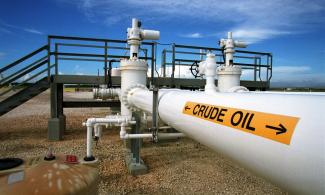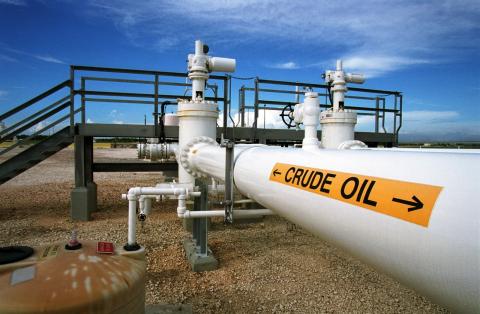
Timipre Sylva the country’s Minister of State for
Petroleum Resources, made the pledge in Abu Dhabi, the capital city of
the United Arab Emirates.

The Nigerian government has for at list the third time, promised to
abide by the crude oil output, it committed to in December 2018.
Reuters reports that Timipre Sylva the country’s Minister of State for
Petroleum Resources, made the pledge in Abu Dhabi, the capital city of
the United Arab Emirates.
The Joint Ministerial Monitoring Committee (JMMC) of the Organisation
of Petroleum Exporting Countries (OPEC) and its Russia led alliance,
issued a statement affirming the Reuters report.
“All participating countries present, particularly those who are yet
to reach full conformity with their adjustments, were unequivocal in
providing steadfast assurances of their determination to achieve at
least 100% conformity for the remainder of the year.
"Those countries who have over-conformed also reiterated their
voluntary contribution. Resultantly, overall conformity will be
brought to record levels,” the JMMC said on Thursday.
The committee went on to state that the alliance attained a compliance
rate of 136 percent in August, 20 percent less than the 116 percent
recorded by the International Energy Agency for the same period.
Nigeria’s representatives to the Charter of Cooperation signed in
Vienna Austria on July 2, 2019, vowed that the country would comply
with the production limitation.
The Group Managing Director of the Nigeria National Petroleum
Corporation (NNPC), Mele Kyari, reaffirmed this position in a
statement issued on August 14, 2019.
Records show that the country has since this year been producing above
its 1.786 million ceiling. The Nigerian government had in December
2018, set an oil production assumption of 2.3m priced at $60 per
barrel for its 2019 budget.
It was in this same month that it agreed to the Declaration of
Cooperation (DoC), which limited its production.
OPEC and its allies, agreed in 2017, to reduce its output, in order
for the oil cartel to keep supply down and maintain prices at a
relatively high point.